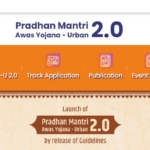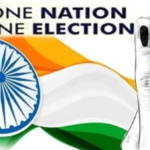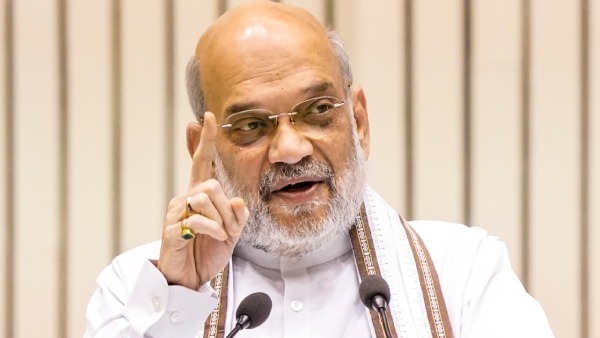RBI and NPCI Push for Biometric Authentication to Combat UPI Fraud
Last week, the Reserve Bank of India (RBI) suggested that banks explore alternative methods to authenticate card transactions beyond the current One-Time Password (OTP) system. The RBI is particularly interested in using biometric authentication to reduce financial fraud.
Biometric Authentication for UPI Payments
The National Payments Corporation of India (NPCI) is in talks with several startups to introduce biometric authentication for Unified Payments Interface (UPI) payments. This innovative approach could potentially enhance the security of UPI transactions, offering more robust protection than the current PIN system.
How It Would Work
With biometric authentication, users could use their fingerprints on Android devices or Face ID on iPhones instead of a UPI PIN. UPI’s primary authentication method involves device binding through SMS when users register for UPI on their phones.
Why the Change?
This push for alternative authentication methods began three years ago but has gained urgency due to increasing UPI scams involving PIN fraud. The recent RBI framework for alternative payment authentication methods underscores the need for swift action, focusing on behavioral risk patterns and biometrics.
NPCI’s Efforts and Challenges
Although the framework didn’t mention UPI, NPCI is responsible for UPI regulations and has been working on this initiative. NPCI attempted to use Digilocker for biometric authentication but was unsuccessful, leading them to seek partnerships with startups.
NPCI still needs to finalize a partner, and discussions on financial and legal terms are ongoing. The rollout will take over three months once a technology service provider is selected. Initially, both PIN and biometric authentication will coexist.
Future Prospects
Despite not having a startup partner yet, NPCI is unwavering in its commitment to implementing biometric authentication soon. In 2021, NPCI held the NPCI PayAuth Challenge, inviting startups to propose alternative authentication methods. Winners included Tech5, Juspay, MinkasuPay, and Infobip. Winners included Tech5, Juspay, MinkasuPay, and Infobip. While Tech5 and MinkasuPay presented their concepts to the UPI Steering Committee, MinkasuPay was preferred as it required fewer changes from issuing banks.
Conclusion
UPI is India’s most popular digital payment method, handling 80% of all online transactions. Launched in 2016, it now facilitates over 14 billion transactions monthly, worth over Rs 20 lakh crore. Introducing biometric authentication aims to secure these transactions further and reduce fraud.











